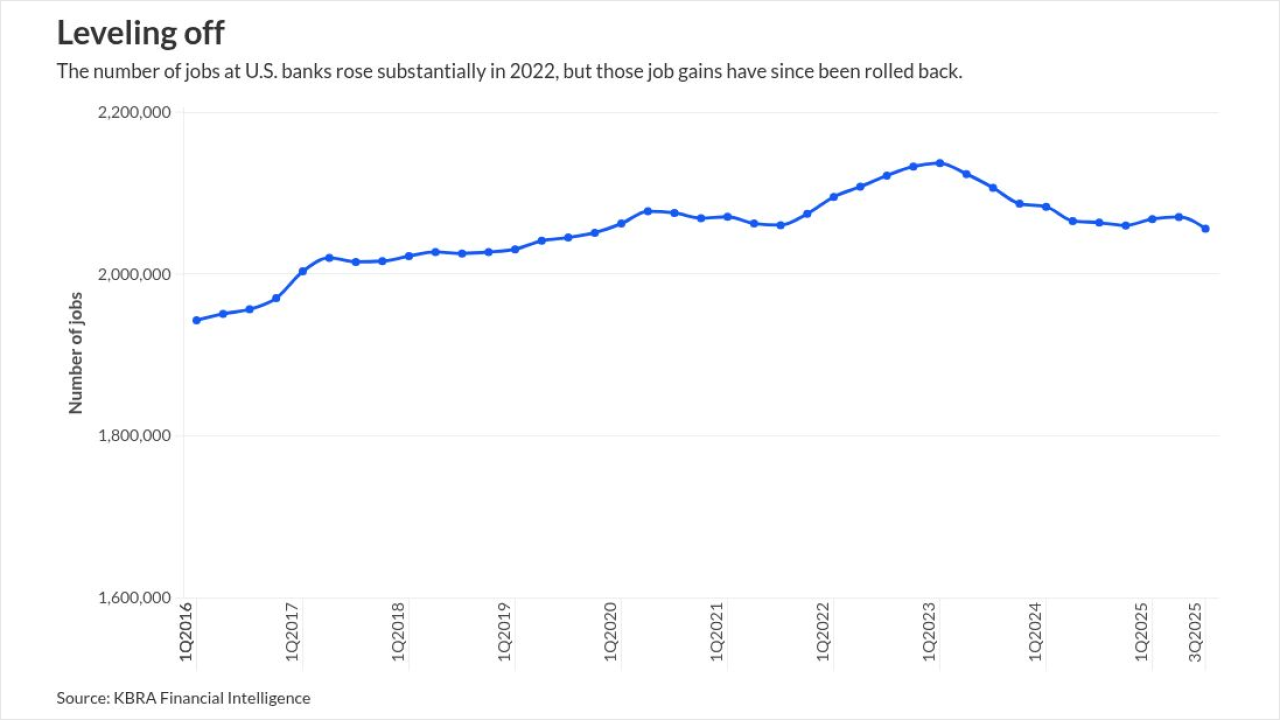Bangalore, India -- Citigroup Inc. said India needs to ease regulations on foreign ownership of banks before the largest U.S. financial services company makes acquisitions in the nation of more than 1 billion people.
A 49% limit on foreign ownership and a 10% cap on voting rights in local lenders discourage acquisitions, said Sanjay Nayar, chief executive officer at the Indian unit of Citigroup's Citibank NA.
"We will always be looking at things," Mr. Nayar said. Still, because of the regulatory limits, any acquisition plan "will probably be a non-starter."
India last year raised the limit on foreign ownership of non- state lenders to 49% from 20% to help attract foreign capital, technology and financial expertise.
Dutch banking giant, ING Groep NV then paid $78.5 million to raise its stake in Vysya Bank Ltd. to 44% from 20% in the only transaction prompted by the move.
But ING isn't the only foreign banking company presenting a challenge Citibank's position in India.
Standard Chartered Plc overtook Citibank as the largest international bank in India when it bought the Indian unit of Australia & New Zealand Banking Group Ltd. in 2000. The U.K. lender's Indian assets total $6.1 billion, compared with $4.9 billion for Citibank.Standard Chartered has 60 branches in the country, three times as many as the U.S. bank.
But Citibank is making progress in one area, credit cards. "If you are looking at the size of the operation, you shouldn't just look at the balance sheet," said Sarvesh Sarup, head of consumer banking at Citibank India.
Citibank has 1.6 million credit-card customers in India, as many as 250,000 more than Standard Chartered, Mr. Sarup said. It's also the dominant credit-card issuer in the country, with a 38% market share for credit-card usage, he said. Citibank has two million customers in India, including 900 corporate clients and 3,000 small and medium enterprises, and $1.7 billion of deposits by expatriate Indians.
Meanwhile, on Friday, Citibank will begin operating as a primary dealer in fixed-income securities in India, which will allow it to trade directly with the central bank.
"Going forward, our focus areas will be commodity derivatives, foreign exchange and helping our corporate clients manage risk," Mr. Nayar said.





